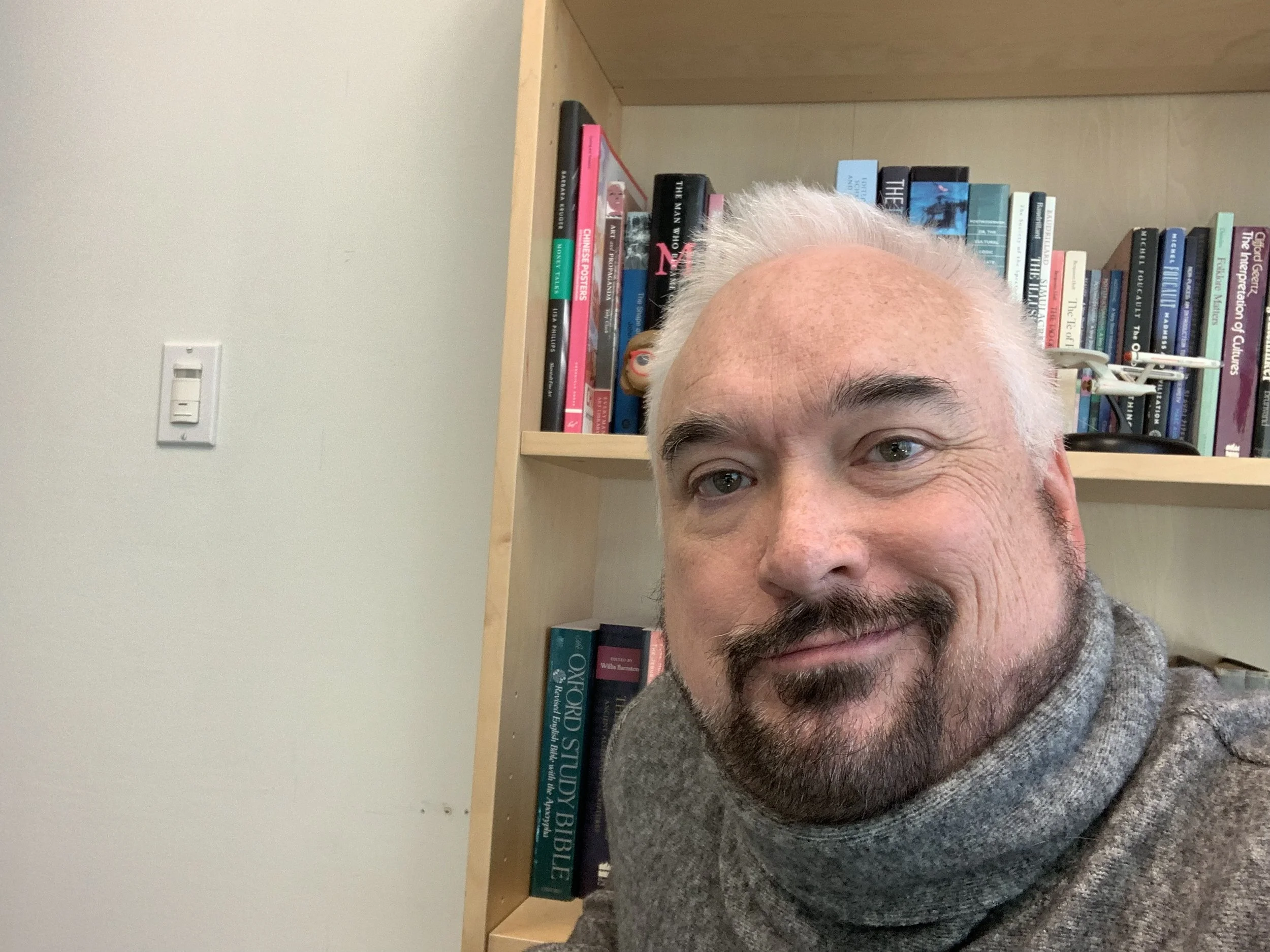Envisioning Transformed Schools
/I believe young people (and adults) learn best by doing. Too much of education, particularly in the United States, is centered on content that is expected to be known for its own sake. This is no longer acceptable in the 21st century. A classroom is a learning laboratory - connected to the world and tethered to rich, meaningful questions based on essential concepts and questions. Our classrooms have to become these learning laboratories where students learn through active study (like debating the meaning of the election of Thomas Jefferson in 1800) and vigorous student-to-student teaching. There is nothing more likely to show how well or how poorly you understand something than trying to explain it to someone else. I have observed enough math classes to know that there is a great virtue in having students working in groups explain to each other how they derived their answers. A student in a science lab should hardly ever be sitting quietly. There's too much to do!
The students and adults in our schools are citizens of the 21st century...they are individuals, craving to think critically, solve problems and engage with the world. Our children are not die-cut automatons waiting to be molded and churned out by factory-like schools. They are waiting to make connections between disciplines and reach out to their peers across the country and around the world. They are ready to teach us what they know and what we don't. Our teachers are lifelong learners with the skills to empower students, if only we would let them.
...who learn best by applying time-tested wisdom to the opportunities presented by the transformative now. Students still need to know how to read, solve mathematical problems, understand cause-and-effect relationships and know how to use the tools of rationalism to understand the workings of the world. The Greeks got it right - to ask good questions, think critically and give sound answers is the foundation of all education. But the Greeks could not have anticipated the web and web-ways of thinking. Hypertextuality, game-based learning, crowd-sourced wisdom (and crowd-sourced critique) can enhance students' understanding of truth and sharpen critical engagement. This is the age of the mash-up...the age of interconnections and the time of the collapse of nineteenth century learning silos. Mathematics divorced from science, art and other disciplines (just to take one example) is a thing of the past.
Communities are founded on respect, spirit and balance. If there is any quality of the 21st century everyone can agree on, it is that the speed of change is breathtaking. To ensure the stability of our learning communities and society in general, we have to turn to three notions - respect, spirit and balance. Respect reminds us of how essential it is to treat one's self and others in a way that dignifies them. Spirit reminds us of how important it is to engage with others in an open-hearted, joyful way. Balance points us to stop time and again, breathe, rebalance and reflect.
We are interconnected and interdependent. Decisions American make in the United States affect children everywhere, just as decisions made on the other side of the planet have consequences to our daily life. Globalization will not eradicate the nation-state or national identity. Our schools must help students situate their American identity within global realities.
